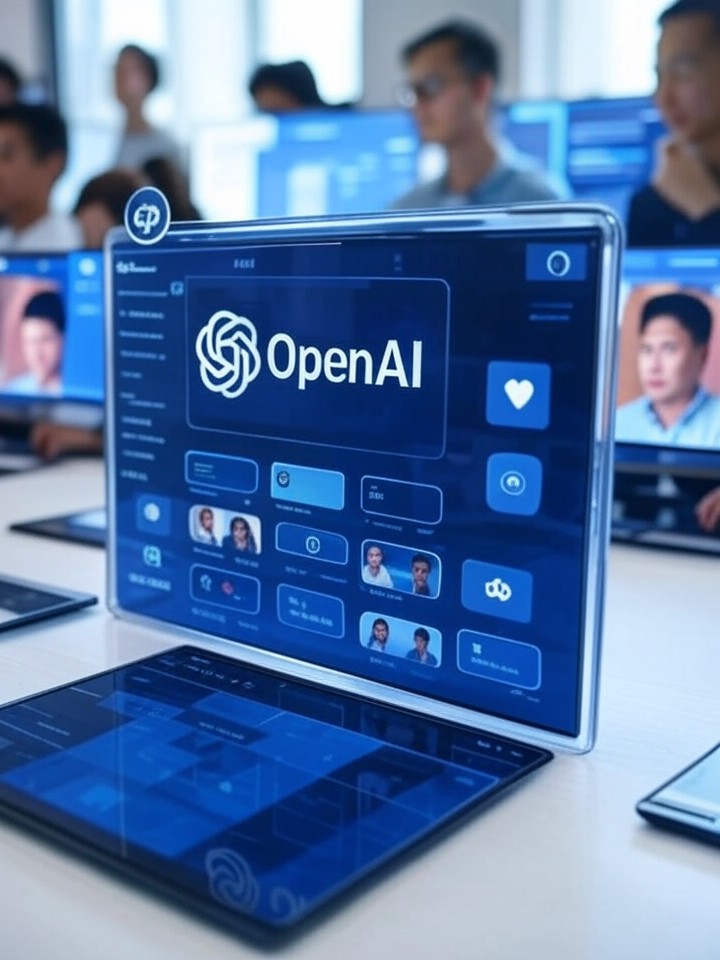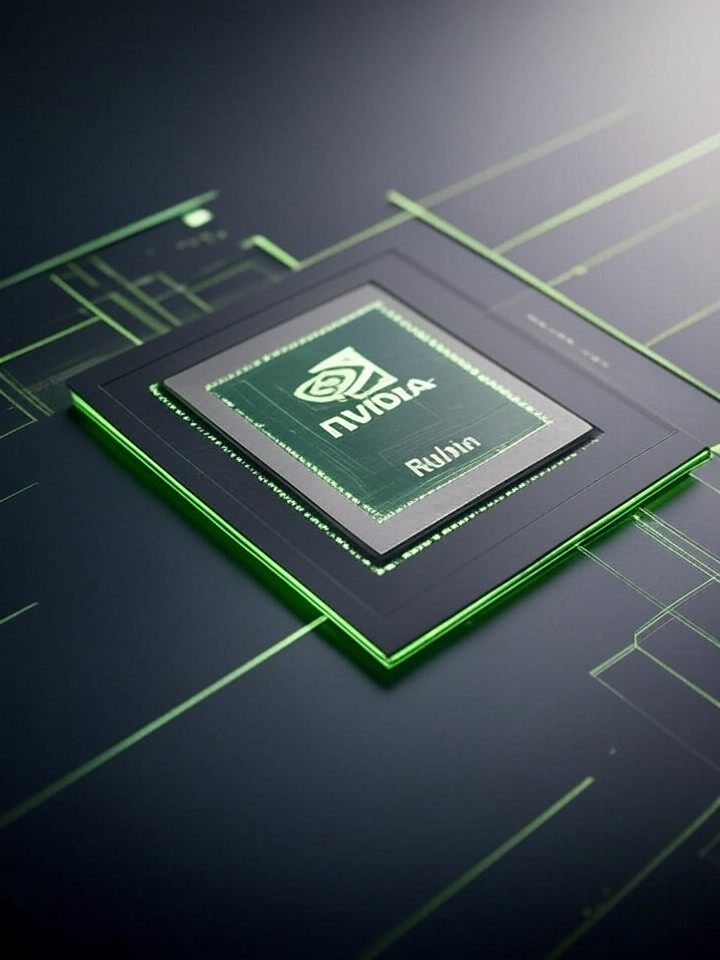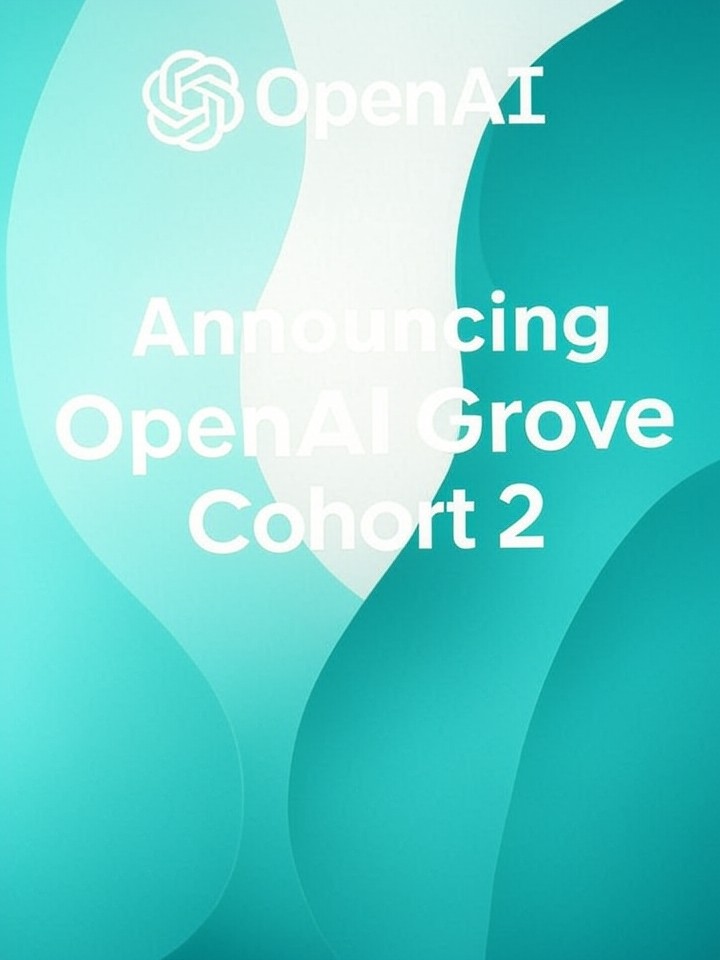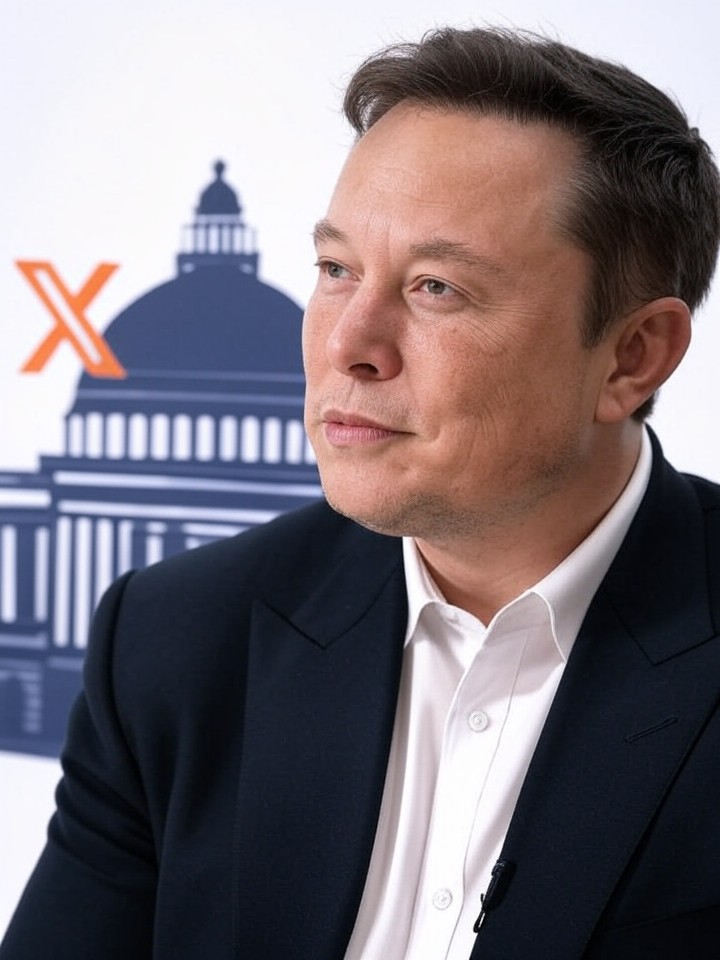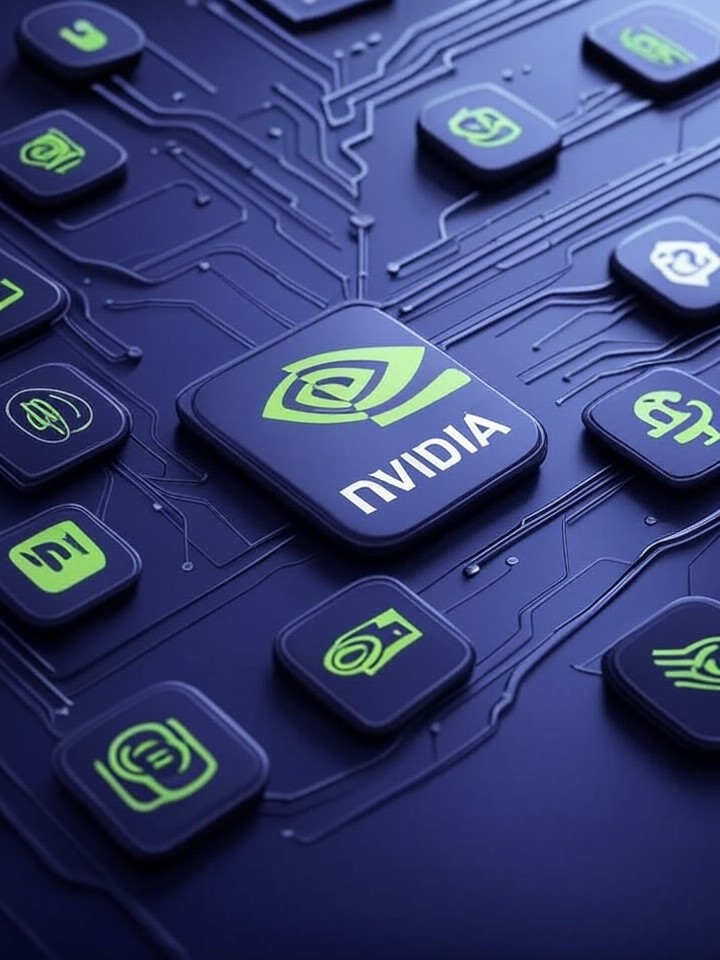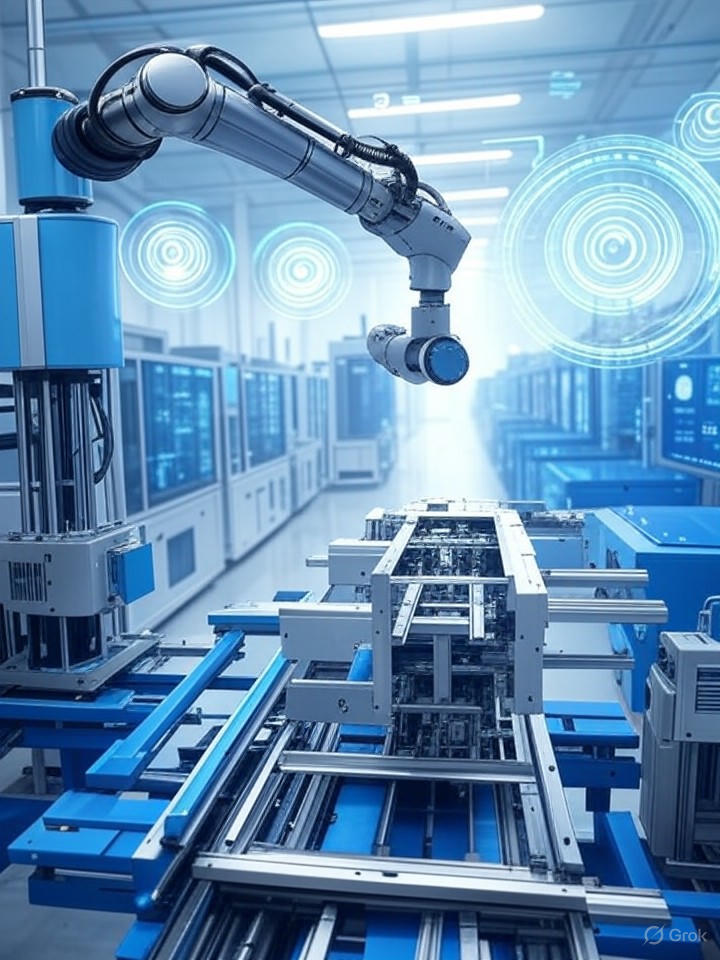AI in Manufacturing: How Artificial Intelligence is Reshaping Industrial Strategies
Artificial intelligence (AI) has become the defining force behind the global shift in manufacturing. Once dependent on labor-intensive and manual processes, factories are now leveraging automation, predictive analytics, and machine learning to achieve unprecedented agility and output quality. As manufacturers pivot toward digital transformation, AI stands out not just as a technological upgrade but as a strategic driver of innovation and competitiveness.
The Rising Influence of AI in Modern Manufacturing
Over the past decade, manufacturers have embraced data-driven systems to optimize production lines, reduce waste, and enhance product design. The integration of AI technologies like computer vision, natural language processing, and neural networks has made it possible to predict and solve operational challenges proactively. This shift is shaping a new industrial era, often called Industry 4.0, where machines communicate seamlessly, and decisions are made through real-time insights.
From Automation to Intelligent Production
Automation has been a part of manufacturing for years, but AI takes it far beyond basic robotics. Smart systems now interpret sensor data, adjust production parameters, and even detect defects with near-perfect accuracy. Companies such as Siemens and General Electric have integrated AI into their digital twin technologies, creating virtual replicas of manufacturing systems that enable them to simulate operations, identify inefficiencies, and predict maintenance needs before disruptions occur.
Predictive Maintenance and Process Optimization
Predictive maintenance powered by AI allows manufacturers to monitor equipment health in real time. By using algorithms to detect anomalies in machine vibrations, temperature, or energy consumption, factories can anticipate breakdowns and prevent costly downtimes. For instance, automotive components plants are reporting up to a 20% reduction in maintenance costs after implementing machine learning-based predictive systems.
AI-Driven Supply Chain Resilience
The COVID-19 pandemic revealed the fragility of global supply chains, pushing manufacturers to explore smarter ways to forecast and respond to disruptions. AI now plays a key role in managing inventories, predicting demand fluctuations, and optimizing logistics. Using advanced analytics, AI systems assess supplier risk, transportation delays, and raw material availability to provide actionable insights. This proactive approach helps teams make informed decisions and maintain operational stability even under volatile conditions.
Smarter Resource Allocation
AI enables dynamic resource allocation by analyzing historical data alongside current production metrics. It identifies areas where materials are underutilized and suggests redistribution strategies that minimize waste. This not only improves profitability but also supports sustainability initiatives—a crucial consideration for modern manufacturing enterprises seeking to meet environmental goals.
The Role of AI in Workforce Transformation
AI’s rise in manufacturing is also reshaping workforce dynamics. While automation reduces repetitive tasks, it creates new roles that demand analytical and digital literacy. Workers now collaborate with algorithms that assist in decision-making or oversee quality control processes. As companies navigate this transition, upskilling initiatives have become critical to align human capability with advanced technologies.
Fostering a Data-Driven Culture
Leading organizations recognize that technology adoption must go hand-in-hand with cultural transformation. AI thrives in environments that encourage experimentation, data sharing, and continuous learning. Manufacturers investing in talent development are finding that employees equipped with AI literacy contribute more effectively to innovation and process optimization.
Ethical Use and Digital Responsibility
As AI becomes embedded across industries, issues of ethics, transparency, and safety take center stage. In parallel, businesses deploying AI-driven platforms must adhere to age-appropriate usage policies. For instance, last month, a prominent technology company announced that it would no longer allow minors to access its chat features—an important reminder of how governance and user safety are integral to AI’s responsible deployment.
This policy shift underscores the growing recognition that as AI technologies evolve, their use must be guided by well-defined ethical frameworks. In manufacturing, this translates to responsible data handling, privacy protection, and the prevention of bias in algorithmic decision-making.
Real-World Examples of AI Success Stories
Numerous manufacturers are witnessing measurable improvements from integrating AI into their operations:
- Toyota uses AI-powered robotics for assembly and quality testing, which enhances production precision.
- Bosch leverages machine learning to improve energy efficiency, cutting wastage across its global plants.
- Caterpillar employs AI algorithms to monitor heavy machinery, helping customers anticipate service needs and extend product lifespan.
Advanced Use Cases on the Horizon
The combination of AI and Internet of Things (IoT) is opening doors to fully autonomous factories—where systems can self-regulate, adjust, and even collaborate across supply chains without human intervention. As quantum computing matures, manufacturers may achieve data-processing speeds that revolutionize simulation modeling and predictive analytics.
Challenges and Considerations
Despite its transformative potential, implementing AI in manufacturing presents challenges. Data silos, high initial costs, and cybersecurity risks remain significant barriers. Manufacturers must establish secure infrastructure and adopt scalable AI platforms that integrate seamlessly with existing systems. Moreover, ethical concerns relating to worker displacement and algorithmic transparency must be addressed through balanced policy frameworks.
Balancing Human Insight and Machine Intelligence
AI excels at computation and pattern recognition, but human intuition and creativity remain irreplaceable. Successful manufacturers are those that blend these strengths—leveraging AI for data processing and decision support while maintaining human oversight for strategy and innovation.
Conclusion: AI as the Cornerstone of Manufacturing’s Future
The manufacturing industry’s pivot toward artificial intelligence marks a defining chapter in industrial evolution. From predictive maintenance and intelligent automation to ethical considerations and workforce transformation, AI has become the strategic core powering modernization. As companies refine their data strategies, improve digital infrastructure, and cultivate a skilled workforce, they position themselves for sustained growth in a competitive global market.
Ultimately, the successful integration of AI will depend not just on technological investment but on visionary leadership—one that understands how intelligent systems can augment human potential and drive both profitability and responsibility in the manufacturing ecosystem.


